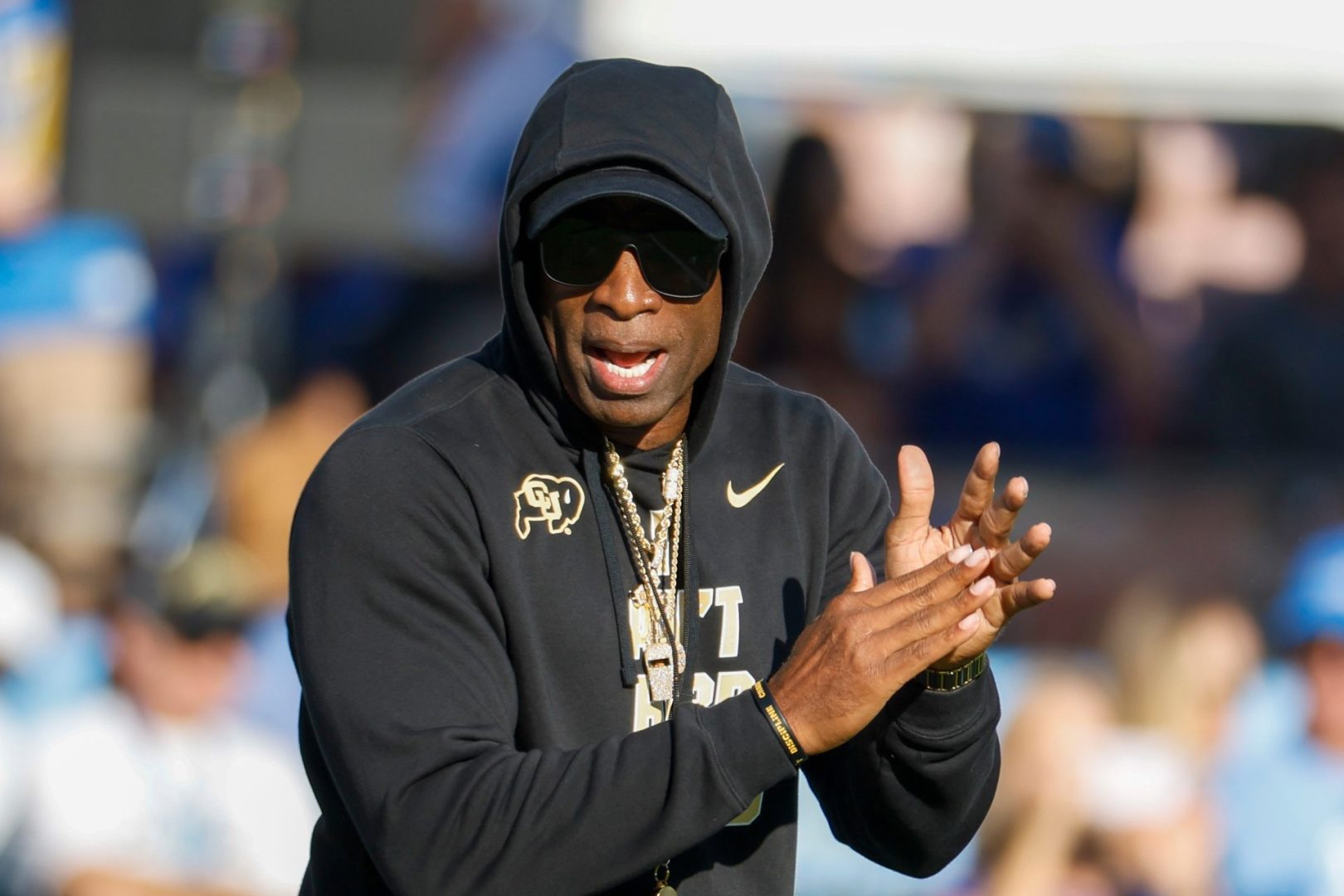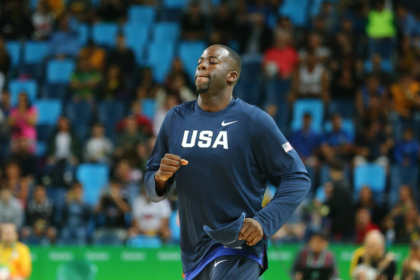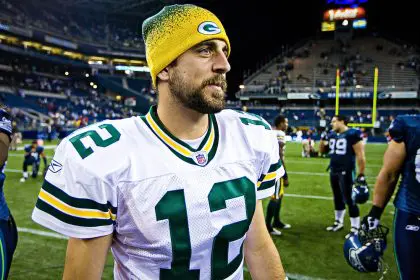Deion Sanders, the legendary football icon turned college coach, has emerged as a pivotal figure in addressing the modern challenges faced by rising stars in college football. The situation gained significant attention when Travis Hunter, the 2024 Heisman Trophy winner, found himself at the center of a social media maelstorm that tested both his resilience and mental fortitude.
The scrutiny regarding Hunter’s personal relationships led to his temporary retreat from social media platforms, sparking important conversations about the pressures young athletes face in an increasingly connected world, where personal and professional lives often intertwine in complex ways.
Digital presence in modern athletics
The intersection of athletics and social media has created an unprecedented environment for today’s college athletes. For players like Hunter, these platforms serve as essential tools for brand building and fan engagement. However, they also expose athletes to unfiltered criticism and speculation about their personal lives, creating a complex dynamic that requires careful navigation. The digital landscape has transformed how athletes interact with their audience, making social media literacy as crucial as physical training in modern sports.
The constant exposure to public opinion can significantly impact an athlete’s mental well-being, performance, and overall career trajectory. Many young athletes struggle to maintain a healthy balance between authenticity and professional presentation online, often facing criticism regardless of their approach. This digital tightrope walk has become an integral part of athletic development, requiring specific skills and support systems that weren’t necessary in previous generations.
Prime time mentorship
Coach Prime approached Hunter’s situation with the wisdom gained from his own experiences in the spotlight. His guidance centered on the principle of continuous forward momentum, emphasizing that stagnation makes one an easier target for critics. This mentorship extends beyond traditional coaching, incorporating lessons about personal branding and professional development in the digital era.
The relationship between Sanders and Hunter exemplifies a new model of athletic mentorship, where coaches must address both physical and mental aspects of performance while helping their athletes navigate the complexities of public life. Sanders’ approach demonstrates how modern coaches must evolve to meet the changing needs of their athletes, providing guidance that extends far beyond the field.
The business of being an athlete
In today’s sports landscape, an athlete’s digital presence has evolved into a crucial business asset. The modern athlete must maintain an active online presence to capitalize on opportunities for sponsorships, endorsements, and future career prospects. This reality adds another layer of complexity to the challenges faced by young athletes like Hunter, who must balance personal well-being with professional obligations.
The commercialization of collegiate athletics, particularly with recent NIL (Name, Image, and Likeness) developments, has transformed social media from a personal platform into a vital business tool. Athletes must now consider their online presence as part of their professional portfolio, requiring strategic thinking and careful content management. This shift has created new opportunities but also increased pressure on young athletes to maintain a marketable public image.
Building resilience through adversity
Hunter’s temporary departure from social media platforms served as a catalyst for broader discussions about mental health in collegiate athletics. His return to these platforms, guided by Sanders’ mentorship, demonstrates the importance of developing resilience in the face of public scrutiny. This experience has become a valuable lesson in managing the pressures of fame while maintaining personal authenticity.
The incident highlights the need for comprehensive support systems within athletic programs that address not only physical performance but also mental health and public relations challenges. Hunter’s journey through this experience serves as a model for other athletes facing similar pressures, demonstrating how temporary setbacks can be transformed into opportunities for growth and development.
The evolution of athletic mentorship
The relationship between Sanders and Hunter exemplifies the changing nature of athletic mentorship in the digital age. Modern coaches must now guide their athletes through both physical and digital challenges, helping them navigate the complex landscape of social media while maintaining their focus on athletic excellence. This evolution in coaching responsibilities reflects the broader changes in athletic culture, where success is measured not only in game statistics but also in social media metrics and public perception.















